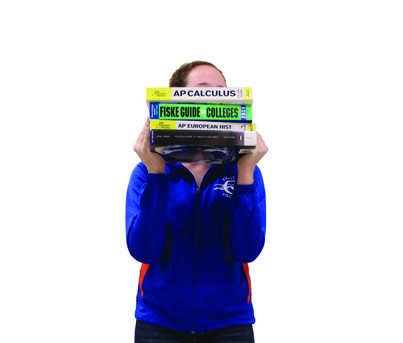Schools like Clayton that focus on academics often run the risk of developing a hostile attitude to students that don’t completely fit into the traditional academic subjects.While it’s certainly not true of every school or every student, much of the American educational system rests on a demand for all-around excellence instead of focused passions.

It’s great to be an artist, as long as you’re taking all AP sciences. Good for you for being into acting, but if you’re not enrolled in Honors English, then you’re not trying hard enough. You’ll get respect as an aspiring writer, but you’d better be balancing that with AP Calculus.
This practice of cookie-cutter acceptability is insidious and could be wildly destructive for students at Clayton and across the nation. It’s dangerous not only because it weighs certain subjects as “better†and “worse,†but because it begins to rate students themselves in the same manner. Smart and dumb, lazy and committed: everything comes down to how accurately you fit the mold.
Every time students shame themselves or their peers for getting a B, every time they write off someone for not taking enough APs—or even for not taking the right ones—they are perpetuating the system.
As a new generation, we have the opportunity to create a different educational system; we have the opportunity to create a different educational world. But in order to do that, we have to change the way we, the subjects of our nation’s high school education program, are looking at intelligence.
Instead of encouraging the quantification of human beings through SAT scores, college acceptance rates, and GPAs, our generation must become committed to understanding and appreciating their peers for the unique qualities and pursuits that each of them possess.
By making it okay for students not to be good at everything, they can gain the chance to become extraordinary at something. All at once, our generation could find an answer to the overworked, overstressed, overspread mentality that currently rules us.
The secret to fostering individuality rather than conformity lies in altering the extravagant expectations placed on America’s teenagers.
A healthy high school is one that, rather than spreading its students across thousands of pursuits, allows them to find their unique passions.












